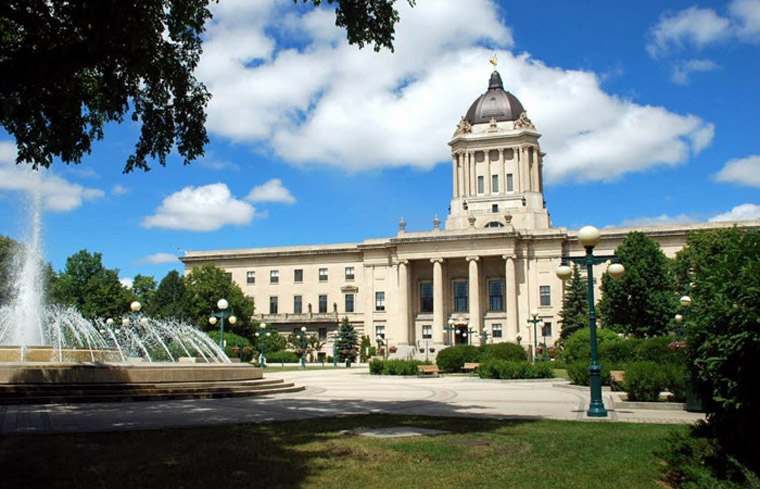The Manitoba government has introduced legislation that would require any provincial legislation invoking Section 33 of the Canadian Charter of Rights and Freedoms, commonly known as the notwithstanding clause, to be automatically referred to the Manitoba Court of Appeal for an opinion on whether the law violates charter rights.
“The charter contains our fundamental freedoms and it’s the responsibility of all of us to protect them,” said Premier Wab Kinew. “If any government decides to use the notwithstanding clause, they should be prepared to defend that decision. We will make sure that happens. Voters deserve to have all the information so they can have the final word. That’s democracy in action.”
Bill 50 would require that any proposed provincial legislation invoking the notwithstanding clause be referred to the Manitoba Court of Appeal within 90 days.
“No government has ever made the decision to invoke the notwithstanding clause in Manitoba history, but if they do, we want to make sure every Manitoban has all the information in front of them when they go to vote,” said Kinew. “This bill will make sure that happens.”
The proposed legislation would not prevent the use of the notwithstanding clause but would require that any such invocation be accompanied by a referral by the Manitoba Court of Appeal. The court could issue an opinion on the constitutionality of the law, the premier noted.
“This bill acknowledges that Section 33 is a constitutional reality while enforcing accountability and the importance of a democratic check on legislative power,” said Justice Minister Matt Wiebe. “It reinforces our belief that the ultimate power must lie with the people of Manitoba.”
The Manitoba government recently intervened in the Supreme Court case regarding Quebec’s Bill 21, arguing that courts should retain the ability to assess whether laws infringe on charter rights, regardless of the use of the notwithstanding clause.





